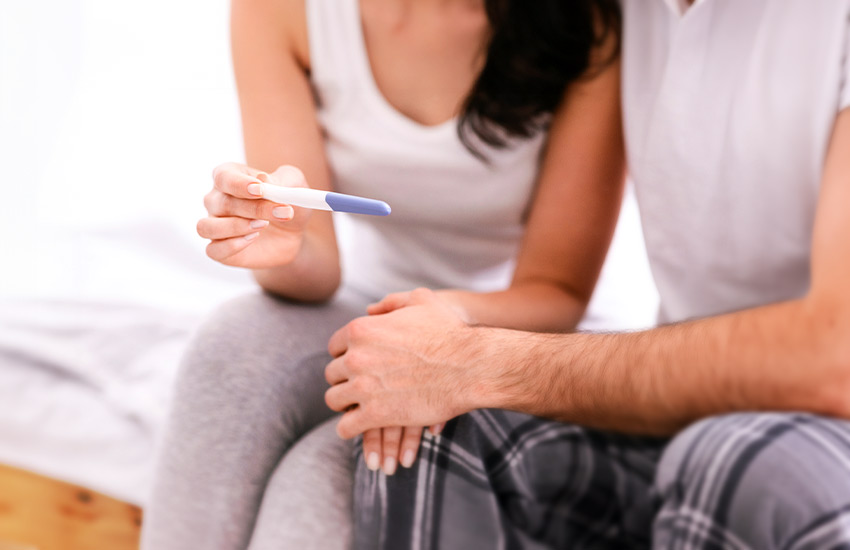Have you ever wondered how a woman’s age affects her ability to conceive? Understanding this link is essential, whether you’re planning to start a family now or in the future. As women age, their chances of conceiving naturally decrease, making it crucial to be informed about how age impacts fertility.
A woman’s fertility peaks in her early 20s and starts to decline in her mid-30s. After the age of 35, this decline accelerates, and the chances of conceiving naturally decrease significantly. By the age of 40, chances of natural conception are around 5%, and drop to less than 1% by the age of 45. Knowing these statistics can help you make informed decisions about your reproductive health and family planning.
In the following sections, we will explore why fertility declines with age, the importance of awareness and consultation, and the options available for preserving fertility.
Reasons for Decline in Fertility
Understanding the reasons behind the decline in fertility with age can help you make more informed decisions about your reproductive health. Here are the key factors:
Egg Quantity
Women are born with a finite number of eggs. From birth, the number of eggs steadily decreases over time. By the time a woman reaches puberty, she has about 300,000 to 400,000 eggs left. This number continues to decline with each menstrual cycle. By the time a woman reaches her late 30s or early 40s, the number of viable eggs drops significantly. Eventually, menopause occurs, marking the end of a woman’s reproductive years.
Egg Quality
The quality of a woman’s remaining eggs also declines with age. As women get older, their eggs are more likely to have chromosomal abnormalities, which can make it harder for these eggs to be fertilised and successfully implant in the uterus. This decline in egg quality contributes to increased rates of miscarriage and difficulty in achieving a healthy pregnancy as women age.
Medical Conditions
Older women are more likely to develop medical conditions that can affect fertility. Conditions such as diabetes, high blood pressure, and thyroid become more common with age and can complicate efforts to conceive. These health issues can interfere with ovulation, implantation, and the overall ability to maintain a healthy pregnancy. Therefore, managing and monitoring your health becomes increasingly important as you age, particularly if you are planning to conceive.
Options for Preserving Fertility
If you are concerned about age-related fertility decline or wish to delay childbearing, several options can help preserve your fertility.
- Fertility Preservation
Egg freezing is an effective method for preserving fertility. This process involves harvesting and freezing your eggs for future use. By freezing your eggs at a younger age, you can maintain higher egg quality and quantity, providing better chances for future conception. - Assisted Reproductive Technologies (ART)
For women facing age-related fertility challenges, assisted reproductive technologies such as IVF and ICSI offer valuable solutions:
- IVF (In Vitro Fertilisation): This process involves stimulating the ovaries to produce multiple eggs, fertilising them with sperm in a lab, and transferring the resulting embryos to the uterus. IVF allows for the selection of the best-quality embryos.
- ICSI (Intracytoplasmic Sperm Injection): In this specialised form of IVF, a single sperm is directly injected into an egg to facilitate fertilisation, which helps overcome certain age-related fertility issues.
These options provide hope and flexibility for women looking to secure their reproductive future.
Proactive Steps and Resources
Taking proactive steps towards maintaining and managing your fertility is essential. Here are some key actions and resources to consider:
- Prioritise Reproductive Health: Regular check-ups with your healthcare provider can help monitor your reproductive health. Maintaining a healthy lifestyle, having a balanced diet, exercising regularly, and avoiding smoking and excessive alcohol consumption can positively impact your fertility.
- Stay Informed About Fertility Options: Educate yourself about the various fertility preservation and treatment options available. Understanding these can help you make informed decisions about your reproductive future.
- Seek Support When Needed: Don’t hesitate to consult with a fertility specialist if you have concerns about your fertility. They can provide personalised advice and guide you through the available options based on your individual circumstances.
Conclusion
Taking control of your reproductive health is essential, especially when considering the impact of age on fertility. Being proactive, staying informed about your options, and seeking support when needed can make a significant difference in your fertility journey.
At Fyne IVF, we are dedicated to nurturing hope and creating families through expert fertility solutions. Our comprehensive services, including fertility evaluation, preservation, and advanced reproductive technologies, are designed to support you every step of the way. With a success rate of 75-82%, customised services, and a patient support community, we are committed to making parenthood possible for you.
If you’re ready to take the next step, contact us at Fyne IVF for a consultation. We are here to help you navigate your fertility journey with confidence and care.

